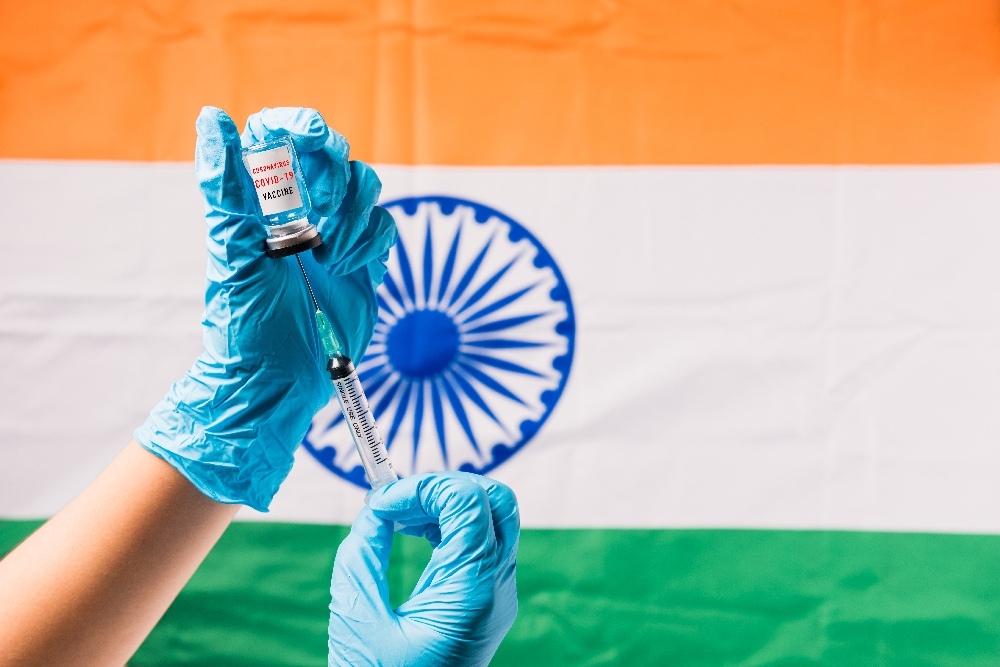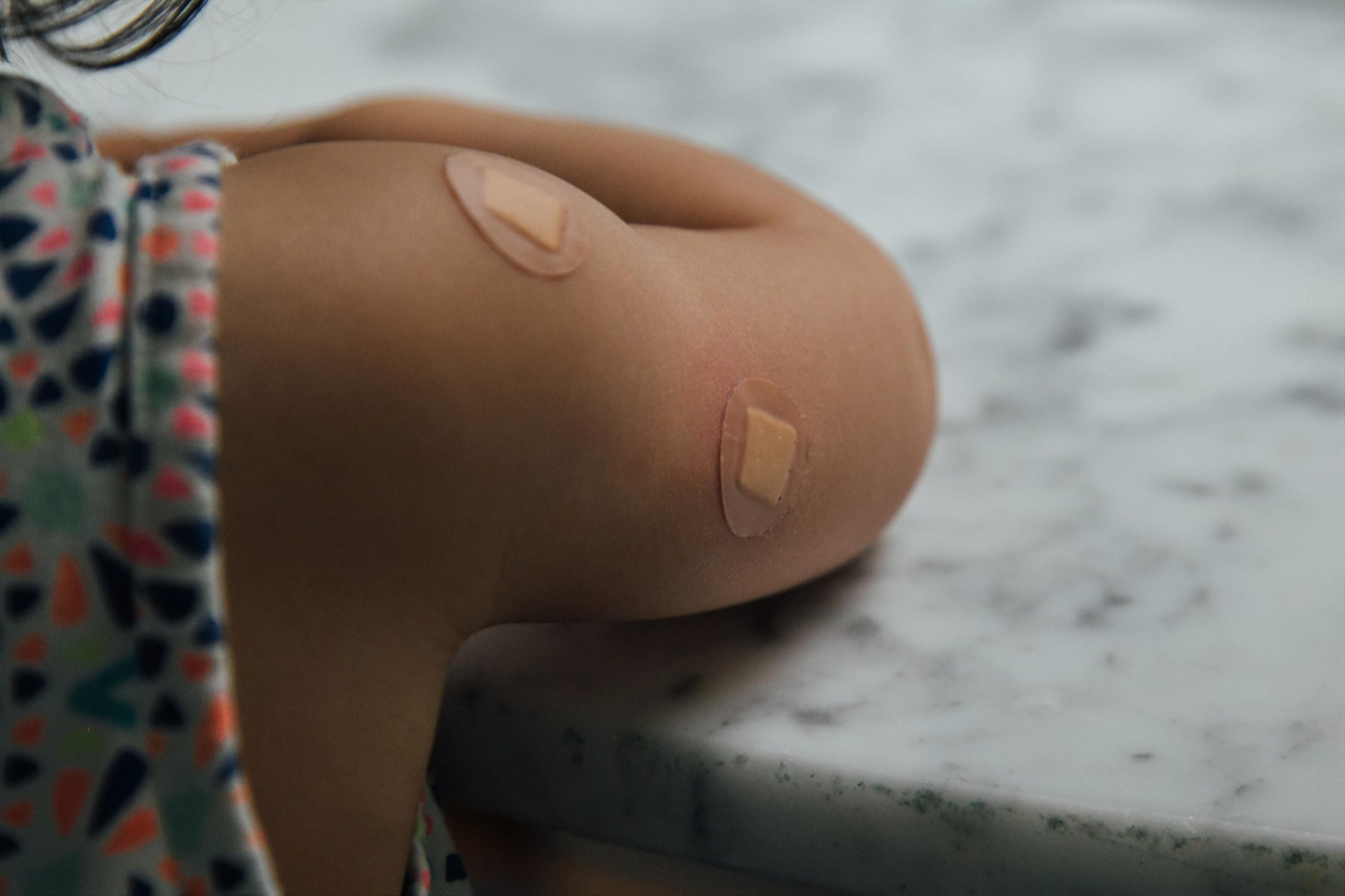Wondering what’s the most cost-effective child health intervention to date? Immunization! So far, the progress achieved by routine childhood immunization is tremendous. There’s no denying the importance of timely vaccinations. It saves millions of lives every year from diseases like diphtheria, tetanus, polio, measles, etc. To shed more light on the importance of immunizations, the world marks the last week of April as World Immunization Week.
What Is World Immunization Week
World Immunization Week is a global public health campaign spearheaded by the World Health Organization (WHO). Each year, the last week of April is celebrated as World Immunization Week. The idea is to increase awareness about the importance of vaccines and to destroy myths about what vaccines are, how they work, and what they’re made of. Both of these efforts aim for an increase in the global rates of immunization.

Why Is World Immunization Week Being Celebrated?
Thanks to an aggressive polio vaccine campaign, polio cases have decreased by 99% since 1988. Only three countries in the world (Afghanistan, Nigeria, and Pakistan) continue to have endemic polio cases. Moreover, there has been an 84% decline in measles deaths between the years 2000 and 2016. Meningitis A has been nearly eliminated in 26 African countries. Polio happens to be one of the most important vaccines for newborns.
The WHO estimates that active immunization currently averts 2 to 3 million deaths across the globe every year! But just imagine how many more deaths can be averted if everyone in the world got timely immunizations. In some underdeveloped and developing countries, healthcare systems face vaccine shortages, while rumors against vaccines run rampant due to misinformation. Vaccine hesitancy also prevails in developed countries, which is why there has to be a global effort to break the myths about vaccines and their benefits.
In dedicating a week of conferences and events to immunizations, World Immunization Week is a conversation starter and myth-buster. It supports people from all walks of life to get their needed vaccinations.





